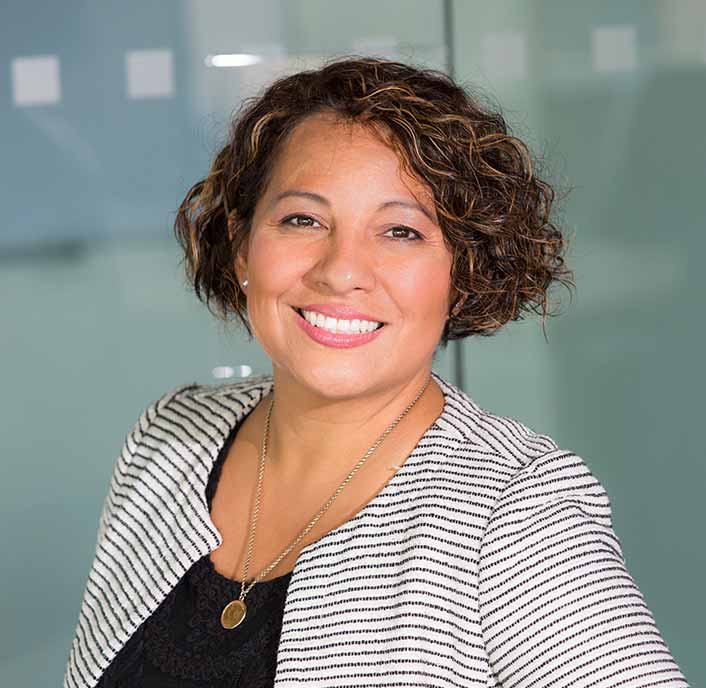A worry free service.
Understanding Self Assessment
Self Assessment is a system that HM Revenue and Customs (HMRC) uses to collect Income Tax in the UK. It’s primarily used by individuals who have an income outside of employment, such as the self-employed, landlords, or those receiving a large amount of income from savings or investments.
How Does Self Assessment Work?
Under the Self Assessment system, individuals are responsible for reporting their income to HMRC and calculating their tax liability. This is done by completing a Self Assessment tax return each year. The tax return includes all income received during the tax year, as well as any allowable deductions.
Who Needs to Complete a Self Assessment?
Not everyone needs to complete a Self Assessment. It’s typically required if you:
- Are self-employed and earned more than £1,000.
- Have income from renting out property.
- Have income from savings, investments, or dividends.
- Have income from overseas.
- Have sold assets and need to pay Capital Gains Tax.
Deadlines and Penalties
The tax year in the UK runs from 6 April to 5 April the following year. Online tax returns must be submitted by 31 January after the end of the tax year. There are penalties for late submission and late payment, so it’s important to keep track of these deadlines.
Other accountancy services.
Tax Services
Preparing and filing tax returns, calculating and paying taxes owed, providing advice on tax laws and regulations, and representing clients in disputes with tax authorities.
Bookkeeping
Recording financial transactions such as sales, purchases, payments and receipts, in a systematic and organised manner.
Payroll
Payroll is an important aspect of a business as it ensures that employees are paid accurately and on time.
Get a personal consultation.
Office
Shaw Trust, Darcy Business Park, Llandarcy, Neath, SA10 6EJ
Contact
contact@beatabeck.co.uk



